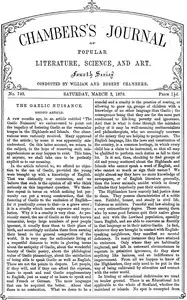"The Duenna: A Comic Opera" by Richard Brinsley Sheridan is a funny play with music set in Seville, about the struggles of young love versus family rules. It shows characters like Don Ferdinand and Donna Louisa, who are trying to be together even though their fathers are against it. The play kicks off with silly problems as Lopez tries to help Don Ferdinand woo Donna Clara but worries about getting in trouble. Then, Don Antonio causes a ruckus by singing to Donna Louisa, which makes her dad, Don Jerome, angry. Louisa and Clara decide to go against what their fathers want, resulting in comical situations, secret getaways, and surprising appearances that make the relationships complicated and fun to watch.

The Duenna: A Comic Opera
By Richard Brinsley Sheridan
In a world of romance and rebellion, lovers risk everything to outsmart their parents and find true happiness through a maze of mistaken identities and sneaky plans.
Summary
About the AuthorRichard Brinsley Butler Sheridan was an Anglo-Irish playwright, writer and Whig politician who sat in the British House of Commons from 1780 to 1812, representing the constituencies of Stafford, Westminster and Ilchester. The owner of the Theatre Royal, Drury Lane, in London, he wrote several prominent plays such as The Rivals (1775), The Duenna (1775), The School for Scandal (1777) and A Trip to Scarborough (1777). He served as Treasurer of the Navy from 1806 to 1807. Sheridan died in 1816 and was buried at Poets' Corner in Westminster Abbey. His plays remain a central part of the Western canon and are regularly performed around the world.
Richard Brinsley Butler Sheridan was an Anglo-Irish playwright, writer and Whig politician who sat in the British House of Commons from 1780 to 1812, representing the constituencies of Stafford, Westminster and Ilchester. The owner of the Theatre Royal, Drury Lane, in London, he wrote several prominent plays such as The Rivals (1775), The Duenna (1775), The School for Scandal (1777) and A Trip to Scarborough (1777). He served as Treasurer of the Navy from 1806 to 1807. Sheridan died in 1816 and was buried at Poets' Corner in Westminster Abbey. His plays remain a central part of the Western canon and are regularly performed around the world.


















